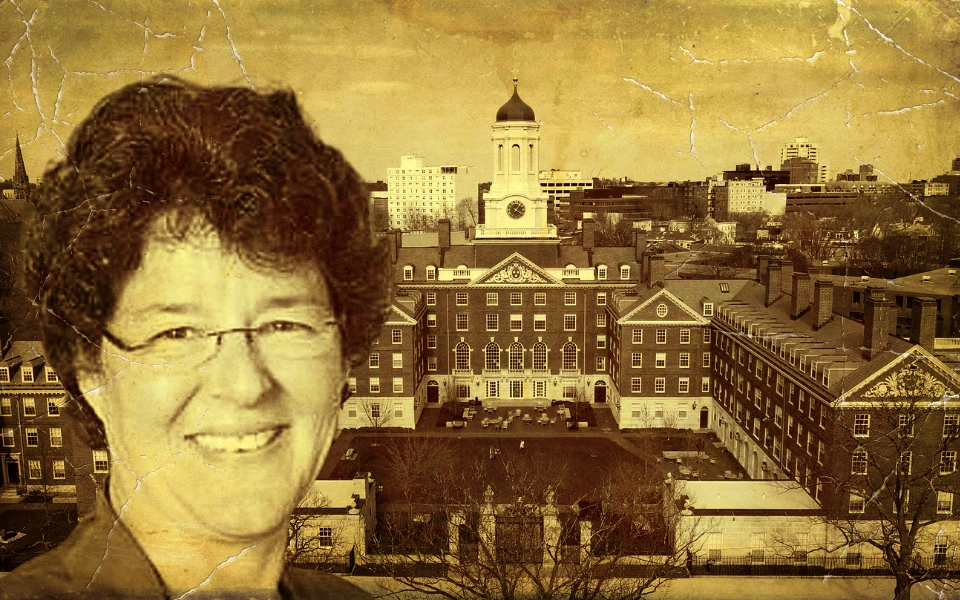On the evening of May 23, 2025, just days before Harvard’s commencement ceremony, history was made in a modest courtroom in Boston. Federal Judge Allison D. Burroughs of the U.S. District Court for the District of Massachusetts issued a temporary restraining order under case number 1:25-cv-11304-ADB, forbidding the Trump administration from blocking Harvard University’s enrollment of international students with immediate effect.
The justification: unconstitutional retaliation.The Attack on Harvard
Just hours earlier, Harvard had filed a lawsuit in the same city – a 61-page complaint brimming with legal precision and political clarity. It reads like a distress call from the heart of the academic world:
“With the stroke of a pen, the government seeks to erase a quarter of Harvard’s student body – international students who contribute significantly to the university and its mission,” the filing states. “Without international students, Harvard is not Harvard.”
More than 7,000 visa holders would have been affected, particularly at graduate schools like the Kennedy School, where nearly half the students come from abroad, or the Business School, where one-third of students are international.
The Trump administration’s move – announced on May 22 – hit the university hard. It not only blocked the enrollment of new international students for the summer and fall terms but also forced currently enrolled master’s and PhD students to either risk their visas or leave the university. Research projects, athletic teams, seminars, and entire laboratories would have collapsed.
Homeland Security Secretary Kristi Noem justified the revocation of SEVP certification with serious allegations. Harvard, she claimed, tolerated “anti-American, pro-terrorist agitation,” allowed “Jewish students to be assaulted by foreign extremists,” and cooperated with the Chinese Communist Party. In a particularly stark passage, Harvard is accused of having “trained members of a Chinese paramilitary organization” in 2024.
Harvard has not yet commented on these accusations, referring to a forthcoming official statement. According to university president Alan Garber, the institution has initiated internal reforms over the past 18 months to combat antisemitism – but it will not “compromise the university’s legally protected core principles out of fear of government retaliation.”
“The Trump administration has turned the campus landscape into a battlefield – Harvard is meant to be the precedent,” said a Boston-based constitutional scholar who requested anonymity. “But this attempt to undermine First Amendment rights has failed spectacularly.”
An Injunction Against Fear
Judge Burroughs made it clear in her ruling: the revocation lacked a rational basis. The government violated its own regulations, especially its obligation to give the affected institution an opportunity to be heard. Instead, vague accusations were made – without evidence, without procedure.
Burroughs agreed with Harvard’s argument that the DHS move was a politically motivated punishment – for refusing to hand over student disciplinary records, video footage of protests, or to ideologically cleanse its academic programs.
“The complaint accuses the government of creating a precedent in which foreign student enrollment becomes a lever to force ideological submission,” the judge wrote in her decision.
According to Harvard, the measure would have removed the university from global academic competition for at least two years – as federal regulations bar reapplication for SEVP certification for one year following a revocation.
The case has sent ripples around the globe. Embassies from several countries offered assistance to their students. In Beijing, Brussels, and Wellington, worried families called consulates, while students in Cambridge exchanged information, hope, and legal resources. Especially affected were those on the verge of traveling – young people who had celebrated their acceptance letters as tickets to a better future.
“I had rented a room, booked my flight – now I don’t even know if I’ll be allowed to enter the country,” said a sociology freshman from New Zealand in an interview.
What remains is a signal – in two directions.
To the government: the Constitution protects not only freedom of speech, but also those who teach and research. Those who weaponize education will encounter resistance from institutions.
To the world: a university like Harvard is more than its location, more than its name. It is an idea – an idea that cannot simply be erased.
The temporary restraining order protects Harvard for now. The legal battle is far from over. But in the words of President Garber lies the moral of this struggle:
“You are our classmates and friends, our colleagues and mentors. Thanks to you, we know more, understand more deeply – and are more humane as a society.”
When the right to education becomes a test for democracy, it is reassuring when courts like the one in Boston speak with clarity: Not in our name.
